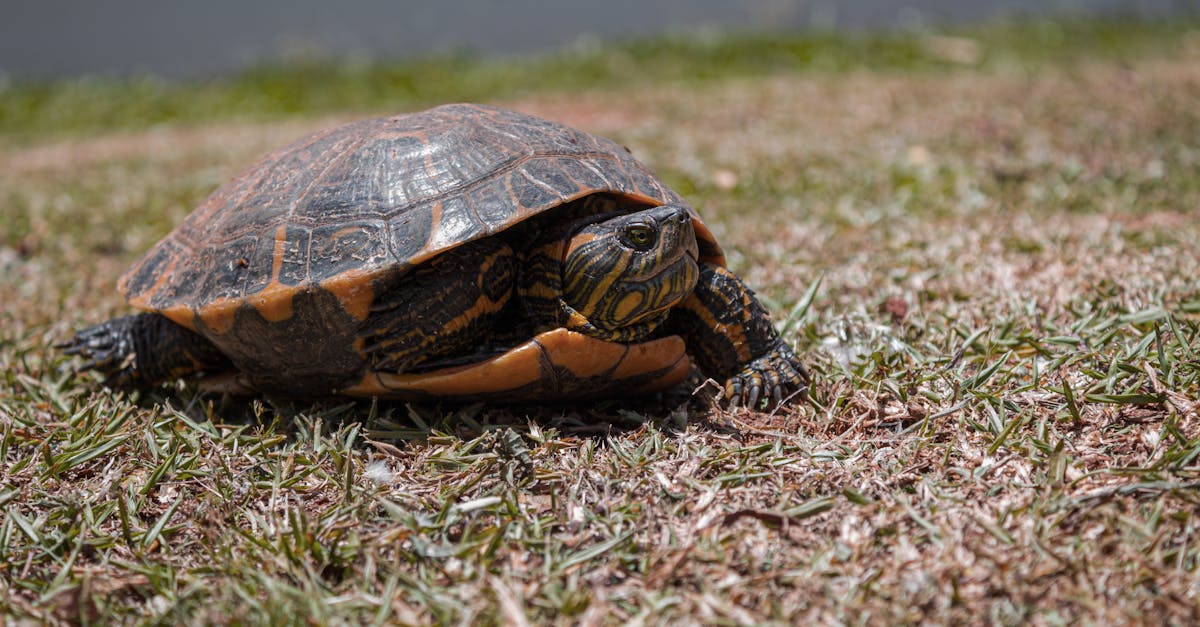As a bird owner, you want to ensure your feathered friend is happy, healthy, and thriving. But what happens when your bird’s beak starts looking overgrown or misshapen? A bird’s beak is essential for eating, climbing, and even playing, so keeping it in good condition is vital. If you’ve ever wondered about trimming your bird’s beak, you’re not alone. Let’s dive into everything you need to know to care for your bird’s beak safely and effectively.
🩺 Vet Recommendations
A bird’s beak is a highly specialized structure made of keratin, similar to human nails. It constantly grows throughout their life, and in most cases, it naturally wears down through daily activities like eating and chewing on toys. However, some birds develop overgrown or misshapen beaks due to underlying health conditions, poor diet, or a lack of enrichment.
Before attempting any trimming, it’s essential to understand that this is a delicate process. A bird’s beak has blood vessels and nerve endings, so trimming too much or the wrong way can cause pain, bleeding, and even long-term damage.
Here’s what veterinarians recommend:
- Always consult with an avian vet before trimming your bird’s beak. Many overgrown beaks are caused by underlying health issues that need to be addressed.
- If trimming is required, it’s best to have it done by a professional. Improper trimming can lead to injuries or infections.
- Provide proper diet and enrichment to help your bird naturally maintain their beak.
📋 Care Tips
To keep your bird’s beak healthy and reduce the chances of it needing trimming, focus on preventive care. Here are some practical tips:
- Offer a balanced diet: Birds need a mix of pellets, fresh fruits, vegetables, and seeds. A poor diet can lead to beak deformities or overgrowth.
- Provide chewable toys: Toys made of safe woods, mineral blocks, or cuttlebones encourage natural beak wear.
- Ensure proper perches: Perches made from natural wood with varying diameters help maintain beak and nail health.
- Schedule regular check-ups: An avian vet can monitor your bird’s overall health, including their beak condition.
By focusing on these daily care practices, you can often avoid the need for trimming altogether.
✅ Do’s and Don’ts
When it comes to beak trimming, there are clear do’s and don’ts to keep your bird safe:
- Do consult an avian veterinarian if you notice an overgrown, cracked, or misshapen beak.
- Do use safe, bird-specific toys and perches to promote natural beak wear.
- Do monitor your bird’s eating and chewing habits for signs of discomfort.
- Don’t attempt to trim your bird’s beak at home without proper training or guidance from a vet.
- Don’t ignore signs of beak abnormalities, as they could indicate underlying health issues.
Remember, your bird’s beak is more than just a tool—it’s a vital part of their overall health and well-being.
💡 Expert Advice
If you’re concerned about your bird’s beak, the first step is to schedule a veterinary consultation. Your vet can assess the situation, identify any underlying issues, and provide professional trimming if necessary. Many birds never need their beaks manually trimmed, as a proper diet and environment can keep them naturally healthy.
In cases where trimming is required, trust a professional to handle the process safely. They’ll use specialized tools and techniques to ensure your bird’s comfort and prevent complications. Attempting to trim your bird’s beak at home without training can lead to serious injuries or infections.
Prevention is key, so focus on providing your bird with a stimulating, healthy environment. This includes a variety of toys, perches, and a well-balanced diet to support their natural behaviors and physical health.
FAQs
Q: How do I know if my bird’s beak needs trimming?
A: Signs of an overgrown beak include difficulty eating, changes in behavior, or visible overgrowth or deformity. If you notice these signs, consult an avian veterinarian promptly.
Q: Can I trim my bird’s beak myself?
A: It’s not recommended to trim your bird’s beak at home unless you’ve been trained by a professional. Improper trimming can cause pain, bleeding, or permanent damage.
Q: How can I prevent my bird’s beak from overgrowing?
A: Provide a diet with pellets, fresh produce, and seeds, along with chewable toys and natural wood perches. Regular vet check-ups can also help catch and address any issues early.
Book a $49 online vet consultation at https://www.dialavet.com for fast, expert advice.























